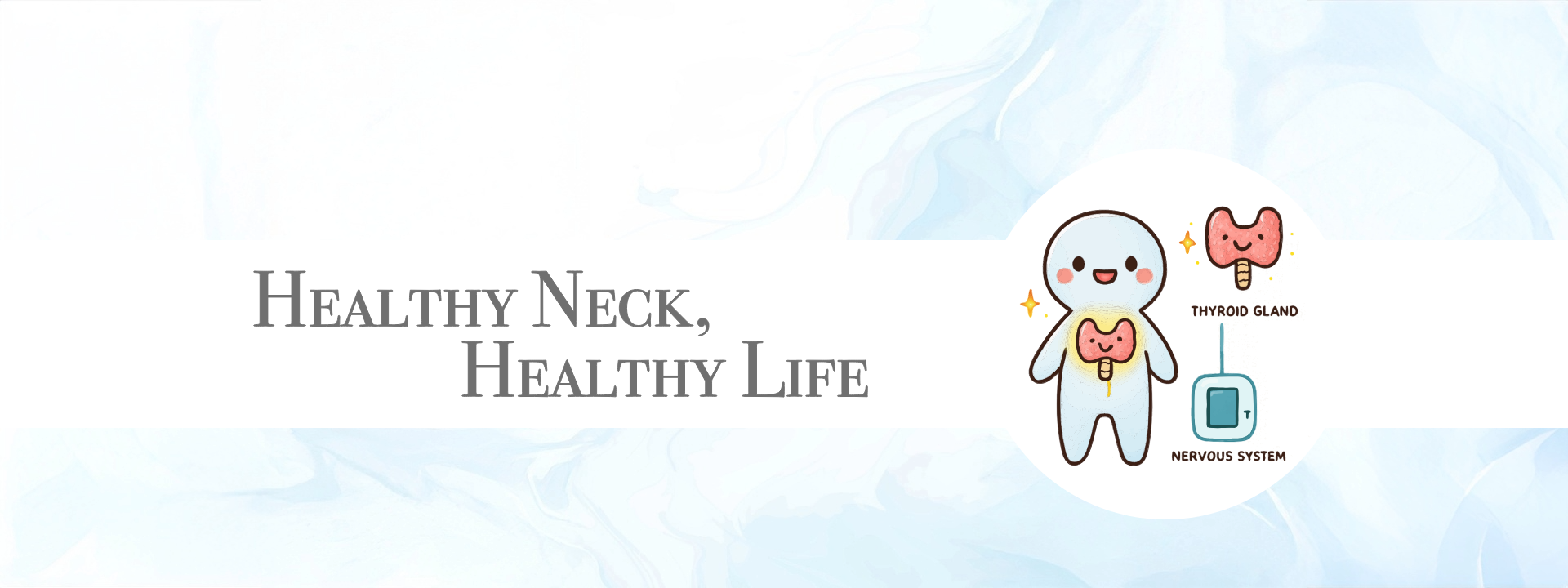Case Report: Middle School Girl – Neck Pain from Dance and Early Signs of Autonomic Nervous System Imbalance
“I landed on my head yesterday…”
This case features a first-year middle school girl. Both of her parents are long-time patients at our clinic.
She is a passionate dancer, attending dance classes four times a week. In order to master backflips for her performances, she also goes to a trampoline school.
She came to the clinic complaining of pain in her neck and around her chest after landing on her head during practice the day before.
Pain Resolved Quickly, But…
The pain itself was relieved immediately through manual therapy. However, during examination, I noticed early signs of autonomic nervous system imbalance in her body.
There were no clear symptoms yet, but posture, muscle tension, and her reaction to palpation indicated that her nervous system was under stress.
Both of her parents have autonomic nervous issues (though with different symptoms), which may be linked not genetically, but structurally. I believe that shared skeletal patterns and movement habits among family members often lead to similar dysfunctions and symptoms.
Why I Didn’t Mention the Signs to the Child
In addition to treating her neck pain, I also performed a gentle adjustment to support her autonomic nervous system.
However, I chose not to mention these early signs to her directly. Children can become overly concerned when they hear something might be wrong with their body.
Instead, we chatted about her love for dance and created a relaxed environment during the session. Next time one of her parents comes in, I plan to share this observation and recommend bringing her back every few months for preventive checkups and adjustments.
Signs Without Symptoms: A Common Pattern
Cases like this—where the body shows signs without yet having symptoms—are actually quite common.
Unfortunately, many patients don’t grasp the seriousness if they’re not currently in pain, so I generally avoid over-explaining it unless necessary.
Patients who already have autonomic symptoms tend to understand more easily, because they directly experience the relief after treatment.
Promoting Mental Health Prevention
If we can intervene at the stage where only “signs” are present, we may be able to prevent future issues, including mental health disorders.
- This is why it’s so important to spread knowledge about:
- ✔ Early detection techniques
- ✔ Autonomic function assessments
- ✔ Gentle treatment methods
Preventive care today can protect a child’s future well-being. This case was a powerful reminder of that.




コメント